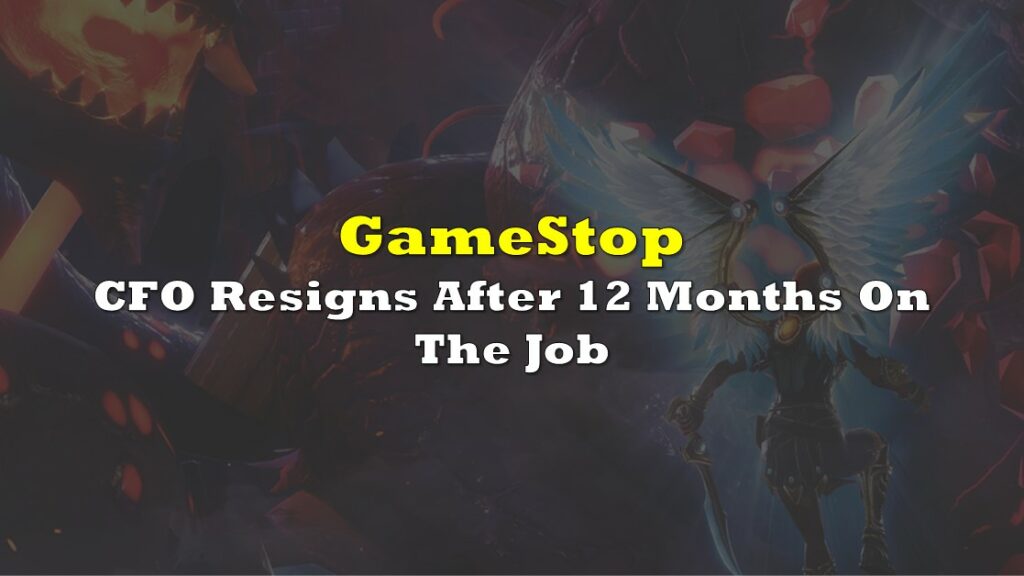In its latest demonstration that the U.S. government is determined to influence markets and the economy to a greater degree than it has perhaps in nearly a century, the DOJ has initiated a broad investigation into the short selling of stocks by hedge funds.
In particular, the DOJ is investigating potential relationships and improper coordination between research firms and hedge funds, according to Bloomberg. The probe has apparently been ongoing for some time. Subpoenas were issued in October and possibly even before that.
On the surface, it appears the government is trying to discourage research firms from performing in-depth critical research and publishing those findings. Some of these splashy reports have been quite prescient, including Hindenburg Research’s negative reports on Lordstown Motors Corp. (NASDAQ: RIDE) and Nikola Corporation (NASDAQ: NKLA).
This follows on the tremendous stimulus (perhaps US$10 trillion of combined fiscal and monetary accommodation) the government has injected into the economy in response to the pandemic. That stimulus has lifted share prices across the board and emboldened retail investors to band together to push the prices of meme stocks like AMC Entertainment Holdings, Inc. (NYSE: AMC) or GameStop Corp. (NYSE: GME) to levels that are unsupported by fundamentals.
The big beneficiaries of the DOJ’s action appear to be meme stocks, and perhaps the surviving companies of SPAC mergers that frequently issue extremely optimistic long-term financial projections that attempt to justify lofty stock market valuations. Research firms may be more reluctant to publish negative reports on such companies, and hedge funds may be more reticent to short.
In some ways, the DOJ’s action is at cross purposes with the recent comments of SEC Chairman Gary Gensler. In a December 9 speech, Gensler advocated for tougher disclosure requirements and liability requirements for SPAC sponsors and financial advisors. He said that investors are “making decisions based on incomplete information.” SPACs have become a very popular method to take many companies, including highly risky companies, public.
More specifically, SPACs are permitted to publish forward-looking (frequently highly optimistic) projections on the underlying companies they are bringing public. Such information is typically issued several months before the merger closes and is not generally allowed in the S-1 registration statement in an IPO.
Coincidence or not, two well-known, highly risky companies that are, or plan to be, the products of SPACs announced on December 6 that the SEC has begun investigations of their business practices. Both Lucid Group, Inc. (NASDAQ: LCID) and Digital World Acquisition Corp. (NASDAQ: DWAC) say the investigations revolve around their SPAC participation.
The DOJ’s investigation seems likely to further decrease short sellers’ participation in the market, and since short-selling investors are frequently well informed and aid in overall price discovery, the presence and emergence of meme stocks seems likely to continue. Such stocks are very difficult to analyze and predict their future trajectories, as they are seemingly not tied to any traditional valuation measures.
Information for this briefing was found via Edgar and the companies mentioned. The author has no securities or affiliations related to this organization. Not a recommendation to buy or sell. Always do additional research and consult a professional before purchasing a security. The author holds no licenses.










One Response
“short-selling investors aid in overall price discovery”
How does 40% short interest aid price discovery???
It demolishes the share price and destroys the the company. Creating profit for manipulators and misery for the employees. Especially for startups it is shown to be an effective tool of destroying great companies